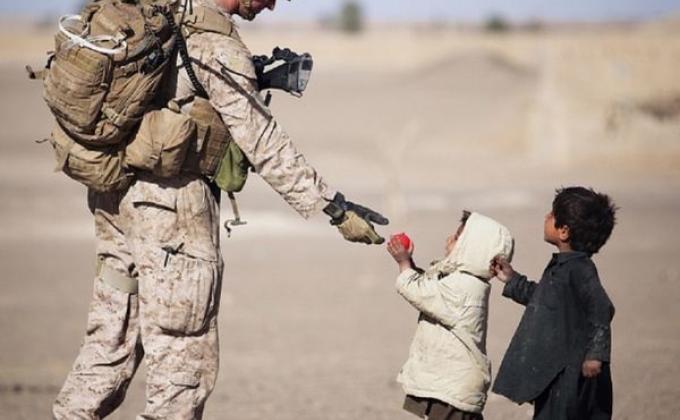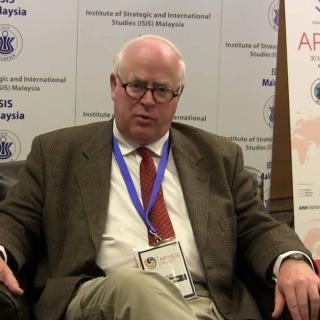The project focused on assessing how military interventions can best prepare the ground for an effective long term counter-terrorism policy, looking at three case studies: Libya, Afghanistan, and Mali. These were analysed in the context of three main objectives: (a) alleviating the threat from terrorist groups; (b) reinforcing host national capacity; and (c) addressing the causes of radicalisation and violent extremism. Each case was analysed and discussed during three high level expert meetings, the findings of which were presented in research papers. The combined insights of these case-studies were distilled into a set of strategic policy recommendations which are organised around three key themes:
- Pre – intervention phase
- Entry – phase of the military intervention
- Transition – phase towards local ownership
Highlights
About the project
TRANSITIONING FROM MILITARY INTERVENTIONS TO LONG-TERM COUNTER-TERRORISM POLICY
ICCT, in collaboration with Leiden University’s Institute of Security and Global Affairs (ISGA) and the Australian National University’s Asia-Pacific College of Diplomacy, carried out the ‘Transitioning from Military Interventions to Long-Term Counter-Terrorism Policy’ research project in the context of NATO Science for Peace and Security (SPS) Programme. The project attempted to identify factors and best practices to transform a broad military intervention into a more limited counter-terrorism policy.
The combined insights of these case studies were distilled into a set of strategic policy recommendations which are organised around three key themes:
Pre-intervention phase:
- The support of local actors and civilian networks can help increase knowledge of an area where an intervention is planned.
- On the ‘home front’, there is the need of establishing a fine-grained strategic narrative which can counter the opposition to the intervention and also addresses the concerns of the electorate.
- Alongside this, there is the need of having a clear legal mandate which can minimise the risk of subsequent disputes of what is or is not permitted during the operation.
Entry-phase of the military intervention:
- Every military operation has to have clear political objectives; the lack of it may signify confusion both on the military level and in the public arena. These objectives have to be achieved with speed in the decision making process and having in mind how military tactics have to serve the overarching political objectives.
- Alongside this, there is the need of understanding the area at large in which the conflict is carried out and therefore, how the intervention can have an impact on the balance of power in that region.
- Finally, limiting collateral damage has to be the priority of every military intervention not only for the protection of the right to life but also to retain public support.
Transition-phase towards local ownership:
- Despite a quick military success, policy-makers have to keep their ‘eyes on the ball’ and focus their attention on the area where the intervention was carried out, in order to avoid a worsening of the situation as soon as the focus of policymakers is taken by some other crisis. An example of this can be the need of sustaining the transition government in order to secure a return to normalcy.
- This can be helped by sending a multi-disciplinary team to the country; the integration of diplomacy, development and defence (3D) combines the necessary skill-sets and ensures policy is aligned between the involved government departments.







